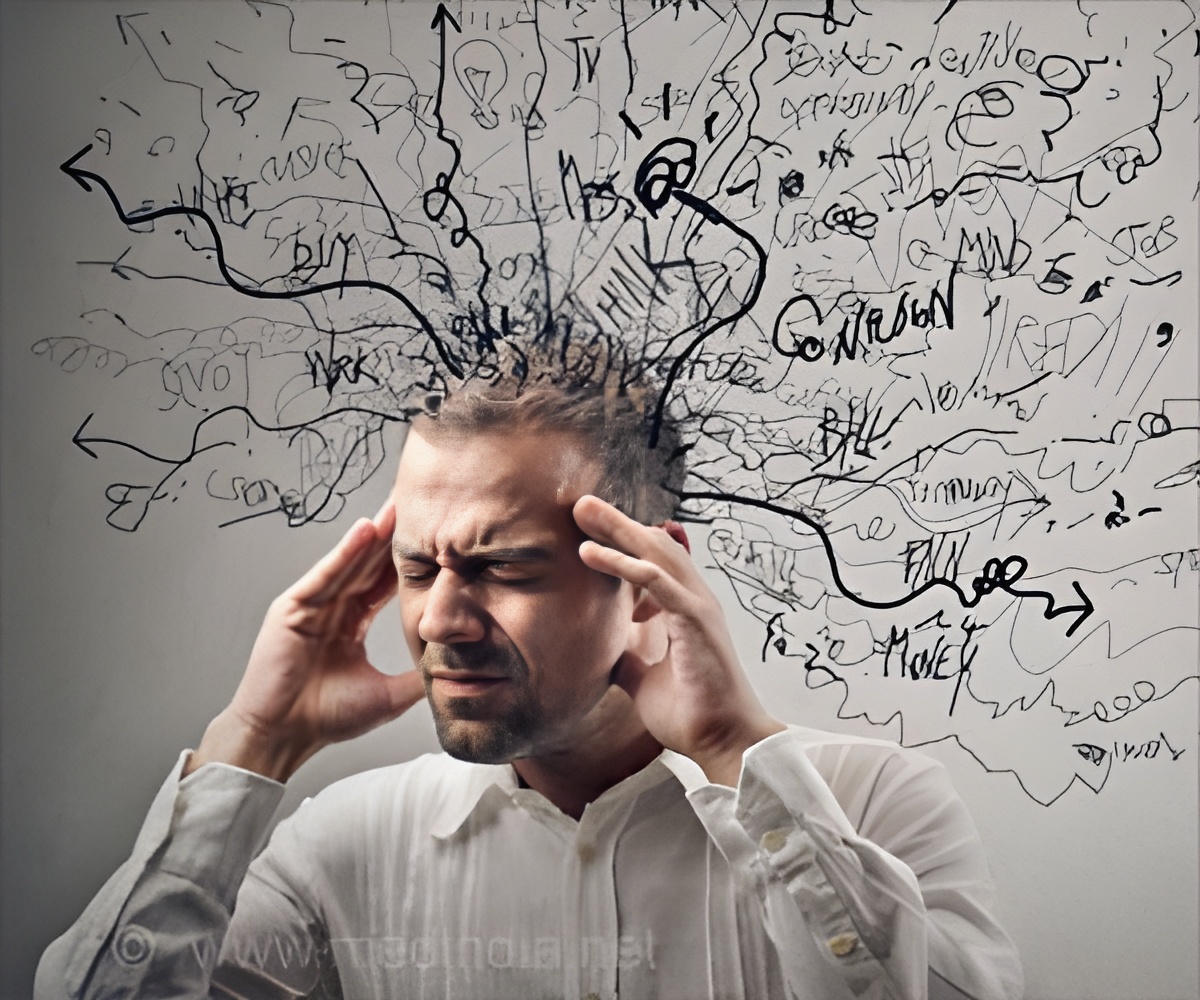
‘Tools such as the Confusion Assessment Method, Confusional State Examination, Delirium-O-Meter, Delirium Observation Scale, Delirium Rating Scale, and Memorial Delirium Assessment Scale can facilitate accurate measurement of delirium severity.’
Read More..Tweet it Now
The quality of the tools available to measure delirium severity has been recognized as highly important for tracking prognosis, monitoring response to treatment, and estimating the burden of care both during and after hospitalization.Read More..
A research team including 21 scientists from Harvard Medical School, the Marcus Institute for Aging Research (Marcus Institute) at Hebrew SeniorLife, and 10 other academic organizations in the U.S. and China, searched databases including 9,409 articles that addressed measurement of delirium severity. They reviewed the full text of 228 and identified 42 different instruments to explore further.
Applying pre-specified criteria related to frequency of use, methodologic quality, construct or predictive validity, and broad domain coverage, 6 final high-quality instruments were identified. They included, the Confusion Assessment Method, Confusional State Examination, Delirium-O-Meter, Delirium Observation Scale, Delirium Rating Scale, and Memorial Delirium Assessment Scale. These measures will enable accurate measurement of delirium severity to improve clinical care for this common and devastating condition. The researchers hope this work will stimulate increased usage, and head-to-head comparison of these instruments.
According to senior author of the study, Sharon K. Inouye, M.D., M.P.H., Director, Aging Brain Center, Marcus Institute and Professor of Medicine, Harvard Medical School, Beth Israel Deaconess Medical Center, "The time is right to advance measurement of delirium severity: Measurement is important, impactful, and efforts to stratify risk, target treatment, and monitor for outcomes are already possible and feasible with existing approaches."
First author, Richard N. Jones, ScD, of Brown University adds, "Measurements of delirium severity should play an important role in the advancement of clinical care and research for persons with delirium."
Advertisement
Source-Eurekalert









